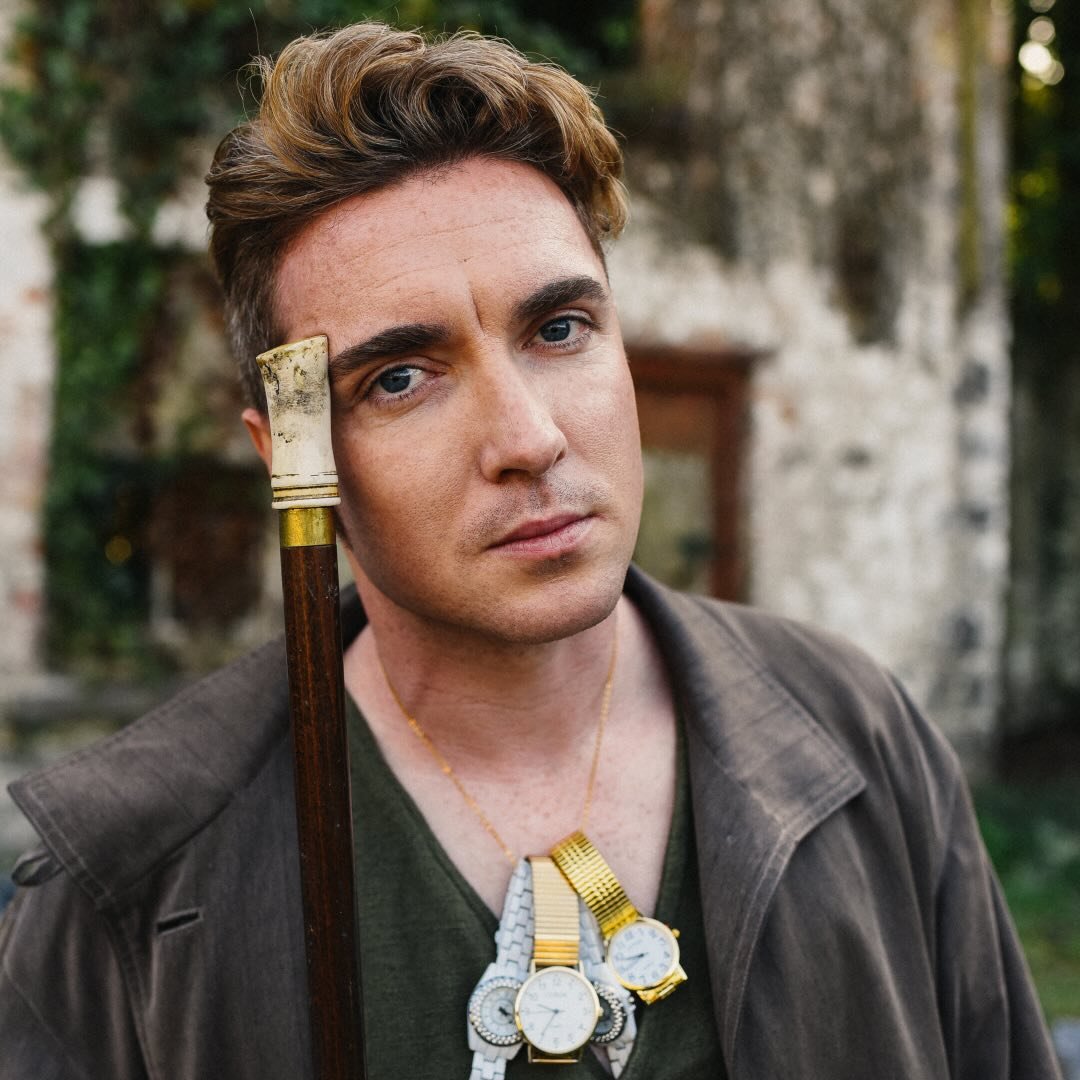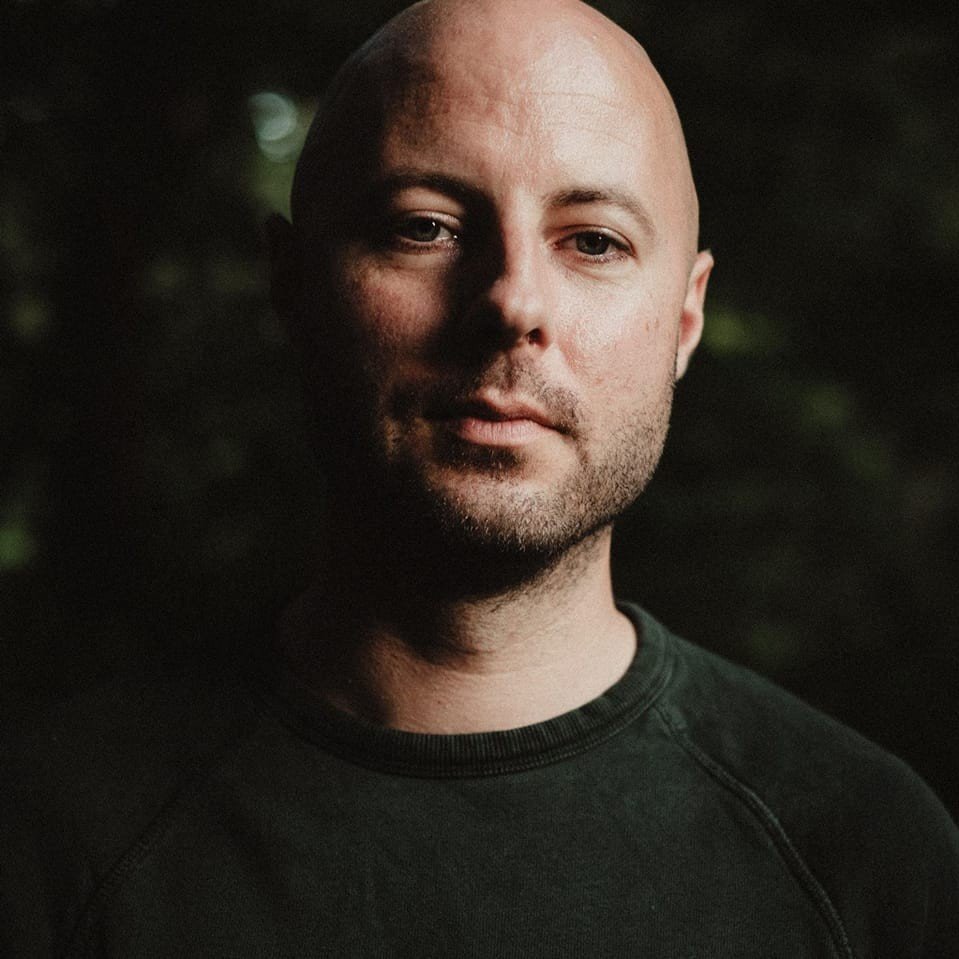Music at the Tailteann Games
David Keenan and Friends – 8pm, 20th September
At Tailteann, music was never just entertainment—it was memory, power, and praise. This year, we honour that tradition with an unforgettable evening of music and poetry in the ruins of Kells Priory, featuring David Keenan & Friends.

The Power of Words in Ancient Ireland
In early Irish society, words carried weight. A poet could raise a warrior's deeds to legend or reduce a king's reputation to dust. At assemblies like Tailteann, musicians and poets weren't background performers—they were memory-keepers and reputation-makers.
The Filí – Poets of Prestige
The filí occupied one of the highest ranks in society. They trained for years, mastering not only language and performance, but also law, genealogy, and history. These poet-musicians were walking libraries in an age before books. Their verses could heal feuds—or ignite them.
Competitions of Sound & Skill
Though details are scarce, evidence suggests that competitions in music and poetry were central to ancient assemblies. Victory brought more than a prize: it established a reputation across kingdoms. Instruments like harps, pipes, and horns set the soundscape, while dance blended celebration with athletic skill.
More Than Entertainment
In an oral culture, only the poet's voice ensured that heroic deeds endured. Without a song, even the greatest victory risked being forgotten. That truth carried forward into the 1924 revival, when music and poetry again drew large audiences alongside athletics.
Carrying the Tradition Forward
At Kells Priory, we continue this understanding: that music and poetry belong side by side with feats of strength. Irish culture has never separated the training of mind, voice, and body—each is part of the pursuit of excellence.
Join us on 20 September at 8pm for an evening where the ancient rhythms of Tailteann are reborn in sound and story.
Testimonials

'We're bridging a gap between the mythological and the now. This is a celebration of unity, community coming together.'
David Keenan
Irish Bard - Headlining Musician
'50 Quid Man' out now!
@davidkeenanmuso

'It's a revival of who we are as people, a culture, and as a community. If you want to feel something ancient stir again in your soul, come to Kells, lift these stones with me, stand on sacred ground.'
David Keohan
Finder of Irish Stones of Strength
@_indiana_stones_

'The Tailteann Games celebrate every element of our arts, our culture, our heritage, 4,000 years of history being celebrated. You have to stand in Kells Priory to understand how magical it is.'
Ben MacCaoilte
Poet, Performer, Storyteller
@benmaccaoiltepoet